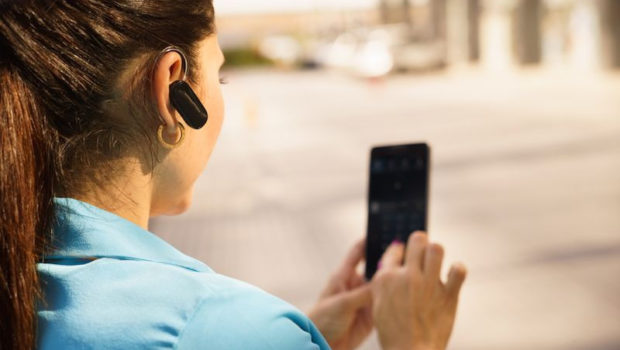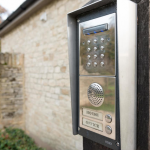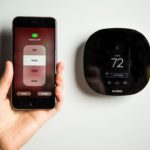Can Bluetooth Harm People?
Wireless technology is everywhere, and when it comes to safety concerns around Bluetooth technology and its impact on the human body – much needs to be clarified. We all love the absence of dangling cables connecting it to a physical device and the way that high-quality sound is delivered directly into our ears.
However, the big question is, are Bluetooth speakers safe? Apple is embracing Bluetooth technology with its AirPods selling in the millions and offering a magical seamless delivery experience that is voice activated via Siri. Other wireless brands are less expensive but offer the same smooth listening experience. Bluetooth is so common that most people now accept it in the same way that we don’t question how electricity or the internet works.
Already wired headphones are starting to look a bit dated. But is this a mistake? All wireless devices use this frequency to pass digital information through the air and deliver it seamlessly, so RFRs are literally everywhere.
There isn’t much we can do about this, but there are specific concerns about the safety of cell phones and Bluetooth speakers. Because these two devices are worn in such close proximity to the head and for such long periods of time, they can pose a health risk.
The Potential Dangers of Bluetooth Technology
A study conducted by the National Toxicology Program in 2018 established a proven link between RFR exposure and cancer. They tested this on rats and mice and found that it caused cancerous tumors.
It is essential to note here that rodents received radiation doses much higher than the equivalent amounts received by humans using mobile phones.Bluetooth headphones emit much less radiation than a cell phone, so they are much safer to use. However, according to scientists, there are some concerns. Specific Absorption Rate (SAR), which is the amount of radiation absorbed by the body, can vary by device.
The Apple AirPod is within safety guidelines at 0.466 watts per kilogram, but long-term use has never been tested, and scientists are concerned that long-term use could increase radiation levels and affect the brain. Other brands could be higher – the legal limit is 1.6 watts per kilogram, but scientists warn that this is an unregulated market and that long-term exposure could increase risk.
Sleeping headphones Listening to music helps improve sleeping patterns and cancels out external noise, and according to scientific studies, it has many positive health benefits. Alternatively, removing background ambient noise and replacing it with active noise cancellation technology is the right solution, and it doesn’t require the use of Bluetooth. It can achieve active noise cancellation without Bluetooth. There are sleeping headphones that work without a Bluetooth connection.
QuietOn Sleep earplugs, for example, cancel low-frequency noise, such as traffic or snoring, and have a 20-hour battery life. Although these sleeping headphones don’t have any cables attached, they also don’t work using wireless technology, so they don’t emit radiation. Staying Safe When Using Bluetooth Headphones To ensure you stay safe and minimize risk, you should take some precautions when using Bluetooth technology. If you use Bluetooth headphones to sleep, always set the timer so that it does not absorb radio waves while you sleep.
Don’t let kids with thinner skulls and developing brains listen via Bluetooth unsupervised for hours on end. Is there really a risk of using Bluetooth headphones? When it comes to Bluetooth headset safety, keeping some perspective is vital. We are surrounded by low-level WIFI and RFR, so unless you build a Faraday cage, an enclosure to block electromagnetic radiation and not an option for everyday life, most of the time you will be subject to this invisible magnetic field. weather.
Also, the science on the effects of Bluetooth technology has not been thoroughly researched. The potential risks may have been exaggerated, and no one really knows the long-term effects of internal speakers. However, to stay safe safety concerns around Bluetooth, it is crucial to recognize that there is a potential risk, and when in doubt, choosing sleeping headphones that do not work over Bluetooth is undoubtedly a safer and risk-free option.








![How Cognitive Computing is Changing Business [Infographic]](https://technofaq.org/wp-content/uploads/2019/01/Cognitive-Business-Disruption-150x150.png)







